Aisling Irwin
Consultant news editor, SciDev.Net
The Scientific and Technological Major Group, whose Rio+20 campaign we have charted, has suffered a small but possibly potent loss in the agreed final draft of the outcome document (due to be signed off by heads of state by Friday).
It’s only one word – but the word is ‘science’ and it has been dropped from the title of the section detailing how science, technology and innovation can be part of the means of implementation of what is agreed – in other words, a key part of the document.
The title of this section has, over the course of the negotiations, had many permutations, containing words such as Science, Technology, Technology Transfer and Innovation. ‘
It has also had a lot of bracketed text trailing behind it, indicating the proposals by various nations on how it should be altered or their refusals to accept the current text.
In particular the hostility of the United States and other developed countries to mentions of the transfer of technology had helped to make the title contentious.
So, when Brazil took over as host of the negotiations a few days ago and produced a new draft, it decided to remove every contested element from the title. The only word that remained was: Technology.
“The lack of [the word Science] sends a very unfortunate message to the global science community and its sponsors,” says Steven Wilson, executive director of the International Council for Science (ICSU)
But can a single word make such a difference?
“As budgets are cut you are never sure,” says Gisbert Glaser senior advisor at ICSU who has been following the fate of S,T&I at each step of the negotiations. “Something like this could cut budgets going into science because the donors [guided by the philosophy of the document] don’t want to cut funding for technology issues”.
This blog post is part of our coverage of Rio+20: United Nations Conference on Sustainable Development. To read news and analysis on Science at Rio+20 please visit our website.

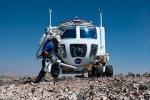



 Posted by scidevnet
Posted by scidevnet 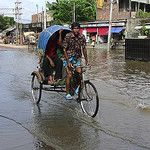

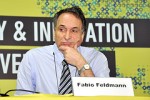
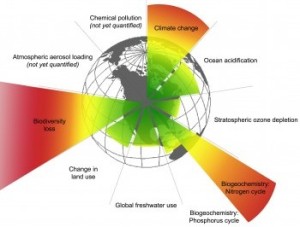

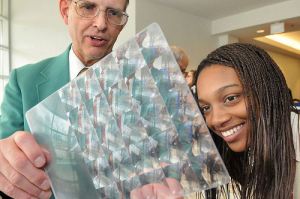


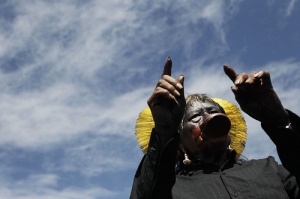
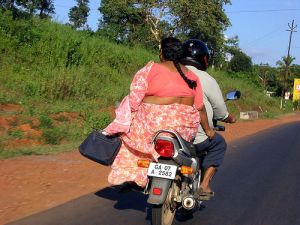


You must be logged in to post a comment.